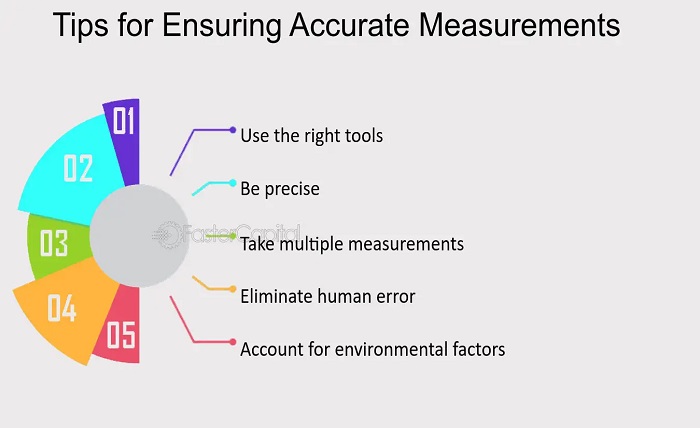In the dynamic field of chemical engineering, innovation is often driven by the ability to precisely measure various parameters during chemical processes. Accurate measurement is not just a tool for analysis; it is the cornerstone for achieving breakthroughs in safety, efficiency, and product quality. As industries strive to enhance their processes and develop novel materials, the need for precise measurement becomes more critical than ever.
The Crucial Role of Precision
Precision in measurement is pivotal to ensuring safety in chemical engineering. Chemical processes often involve hazardous substances and high-pressure environments. A minor deviation in measurement can lead to catastrophic failures, posing risks to both human lives and the environment. Accurate measurement tools allow engineers to monitor and control these processes stringently, reducing the likelihood of accidents.
Moreover, precision enhances efficiency. In chemical engineering, efficiency is not just about speed; it’s about optimizing the use of resources. Accurate measurements ensure that reactions occur under optimal conditions, minimizing waste and maximizing yield. This efficiency translates into cost savings and more sustainable practices, aligning with global efforts to reduce industrial environmental footprints.
Enhancing Product Quality
The quality of chemical products is directly linked to the precision of measurements during their production. Consistent product quality is essential for maintaining competitiveness in the industry. Accurate measurement tools allow for stringent monitoring and control of the variables that impact the product’s characteristics, such as temperature, pressure, and concentration of reactants. By maintaining these parameters within precise limits, manufacturers can ensure that their products meet the required specifications and standards.
Accurate Measurement Tools and Techniques
The advancement of measurement tools and techniques is a key factor driving innovation in chemical engineering. Technologies such as spectroscopy, chromatography, and magnetic resonance have revolutionized how measurements are conducted, providing highly accurate and detailed data. These tools enable engineers to analyze complex chemical reactions and material properties with unprecedented precision.
One such tool that exemplifies the importance of precision in measurement is the submersible pressure transducer. This device is designed to provide accurate pressure readings in challenging environments, such as deep-sea applications or extreme industrial conditions. By delivering reliable data, submersible pressure transducers help engineers monitor and control processes that are critical to the success of numerous chemical engineering applications.
Contribution to Technological Advancements
Accurate measurement is a catalyst for technological advancements in chemical engineering. The data obtained from precise measurement tools facilitate the development of new materials and processes. For instance, in the realm of nanotechnology, where materials are engineered at an atomic level, accurate measurements are crucial for manipulating material properties to achieve desired outcomes.
Furthermore, accurate measurements contribute to process optimization, enabling the design of more efficient and effective industrial processes. By understanding the intricacies of chemical reactions through precise data, engineers can devise strategies to enhance reaction rates, improve energy efficiency, and reduce by-products. This process optimization is vital for industries aiming to innovate while maintaining cost efficiency.
The Future of Measurement in Chemical Engineering
As chemical engineering continues to evolve, the demand for even more precise measurement tools will grow. The integration of digital technologies, such as the Internet of Things (IoT) and artificial intelligence (AI), promises to further enhance measurement accuracy and process control. IoT-enabled sensors and AI-driven data analysis can provide real-time insights and predictive analytics, allowing for proactive adjustments and continuous improvement in chemical processes.
In conclusion, accurate measurement is not just a supporting player in chemical engineering; it is a driving force behind innovation. By ensuring safety, enhancing efficiency, and guaranteeing product quality, precision in measurement empowers engineers to push the boundaries of what is possible. As technology continues to advance, the role of accurate measurement will become even more integral to the future of chemical engineering, paving the way for groundbreaking innovations and sustainable industrial practices.



